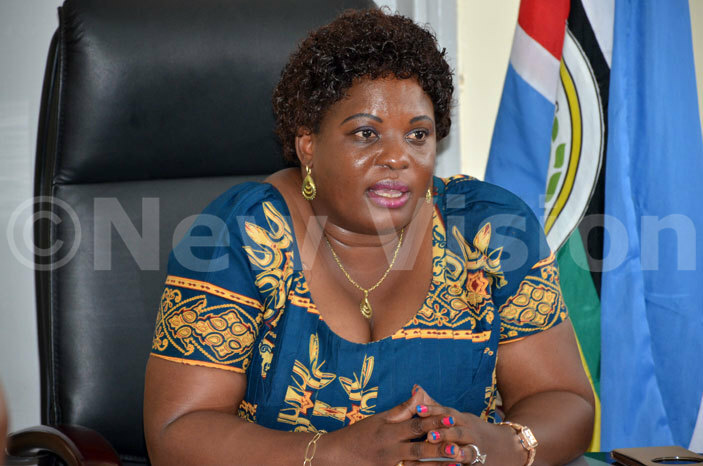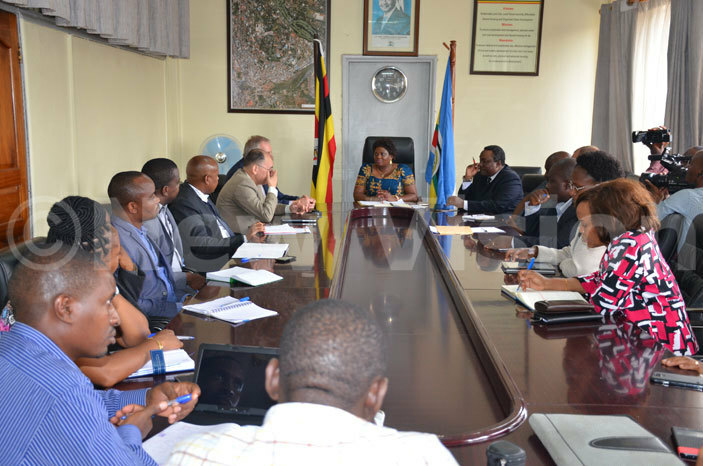Tanzania benchmarks Uganda on land registration
The 14-member delegation jetted in on Sunday led by Emmanuel Mahinga, the project manager for the Ministry of Lands, Housing and Human Settlements Development and Richard Shepard, the IGN Tanzania project manager.
A Tanzanian delegation is in the country for a three-day visit to the Ministry of Lands, Housing and Urban Development to learn from Uganda's computerized land registration and its efficiency.
The 14-member delegation jetted in on Sunday led by Emmanuel Mahinga, the project manager for the Ministry of Lands, Housing and Human Settlements Development and Richard Shepard, the IGN Tanzania project manager.
Betty Amongi, the Minister for Lands told the delegation that ever since Uganda introduced computerized land registration system, cases of forging titles reduced drastically and noted that this vice will soon be a thing of the past.

"Financial institutions especially banks were the biggest prey in regards with fake land titles but now with this new system, we can easily share data with them to verify a genuine land title and also this system now protects such land like the forest reserves, wetlands, game parks among other as any attempt to secure a title on such lands, the system will reject automatically," said Amongi.
She noted that her ministry supporting the financial institutions by facilitating them with verification of genuine land titles is proper to keep them from losses because they must financially healthy for the economy to grow.
Computerized land registration is a $23.5m grant project funded by the World Bank. The Ministry contracted IGN France International to help in securing property titles through the development of a unique and modern land information system.

Mahinga said that they visited so that they could learn how Uganda has managed to handle computerized land registration and its impact on facilitating the growth of the economy.
"Uganda has done well in handling land matters and that is why we visited because we are planning to start a modern land information system like what Uganda has in place to ensure that land plays the key in stimulating the growth of the economy," Mahinga explained.
The delegation will visit the ministry zonal office at Jinja on Tuesday to learn how it operates and its impact in as far as easing land transactions for the people outside Kampala.